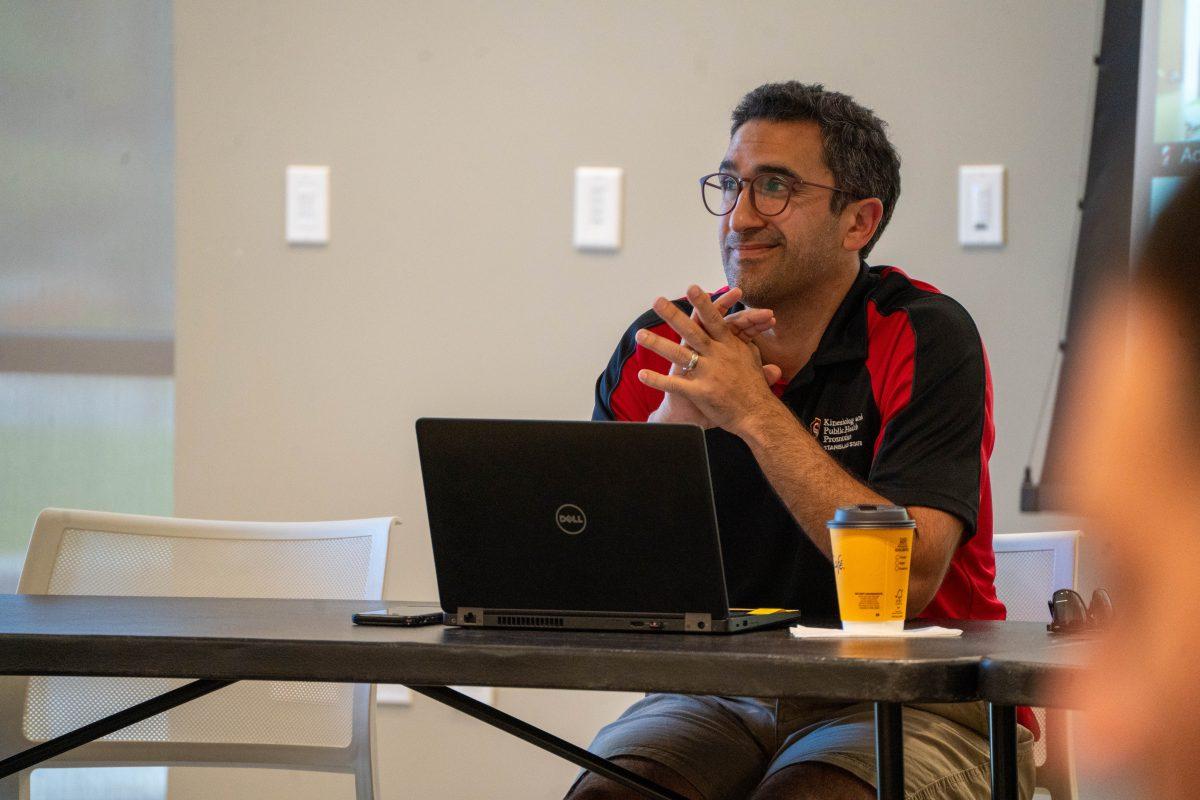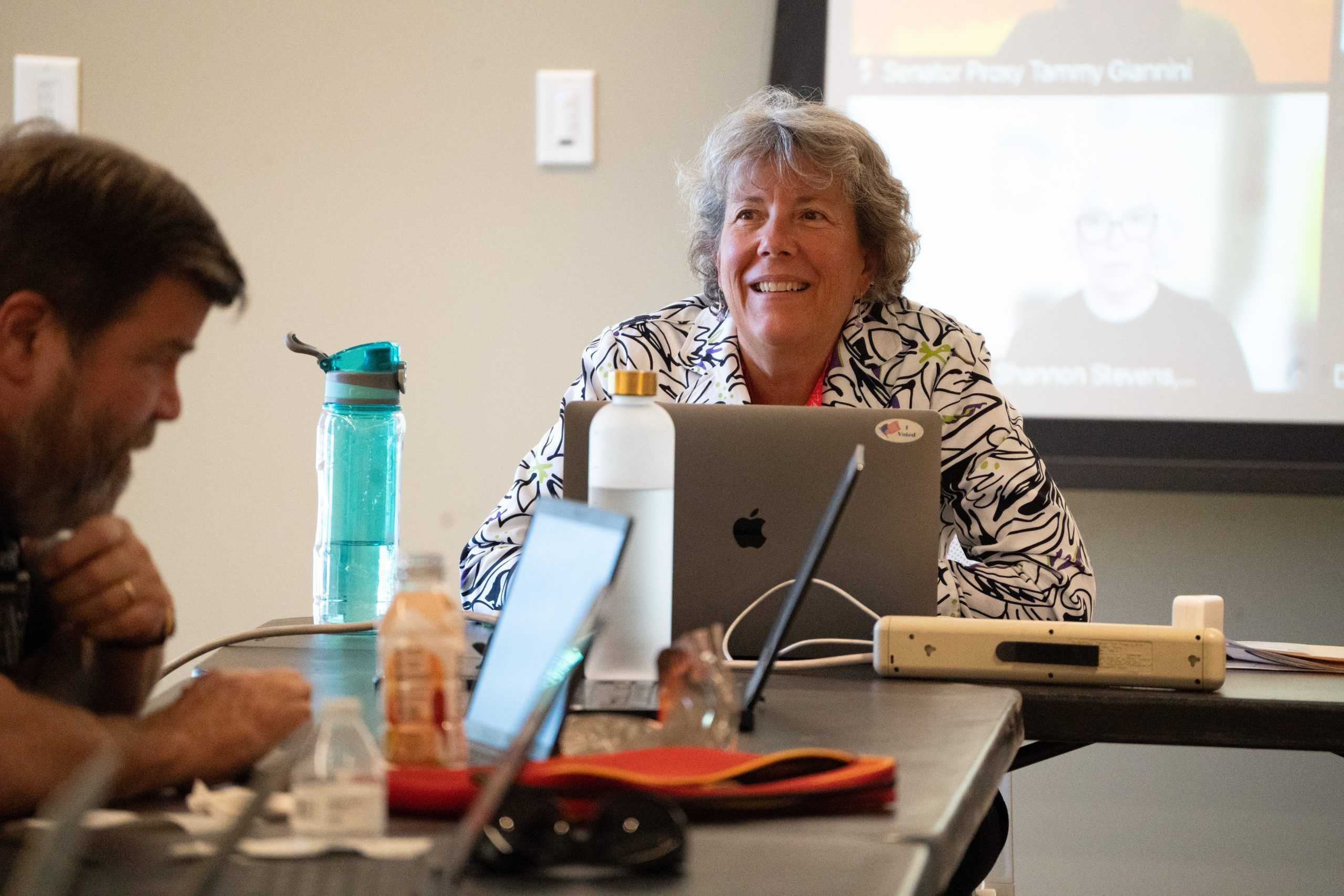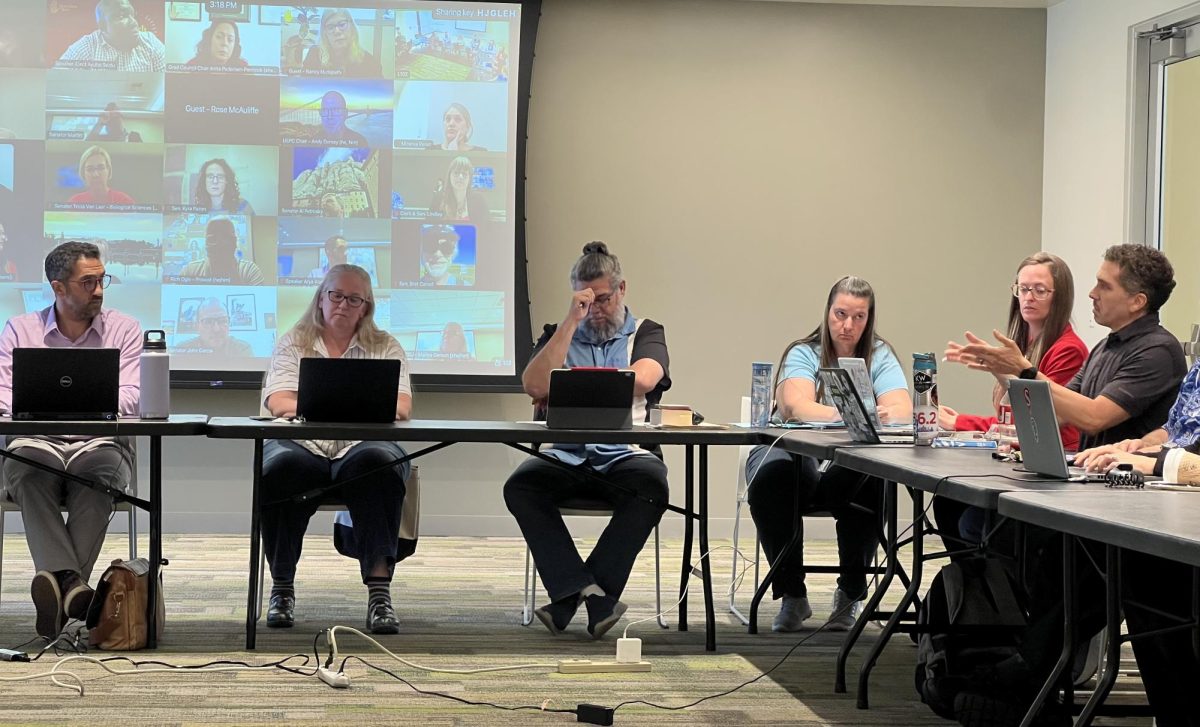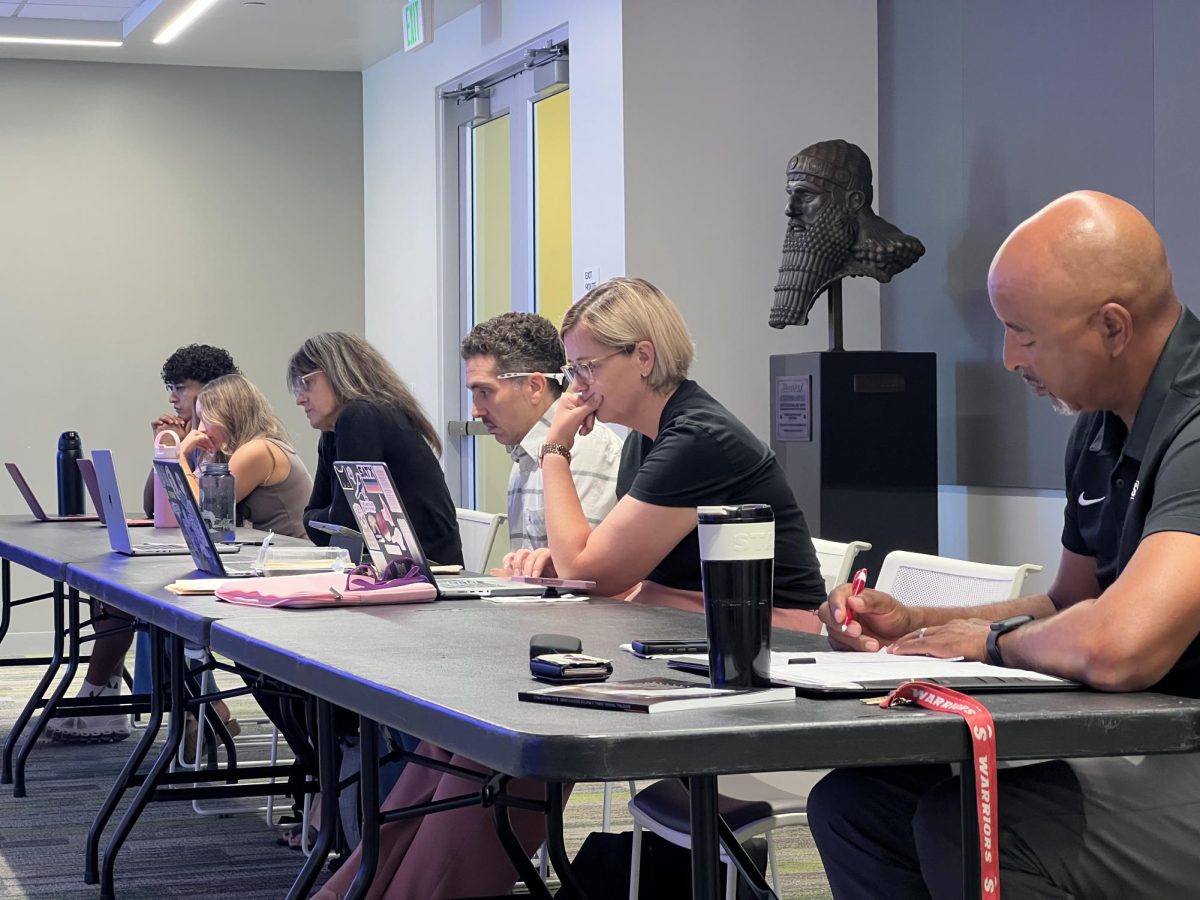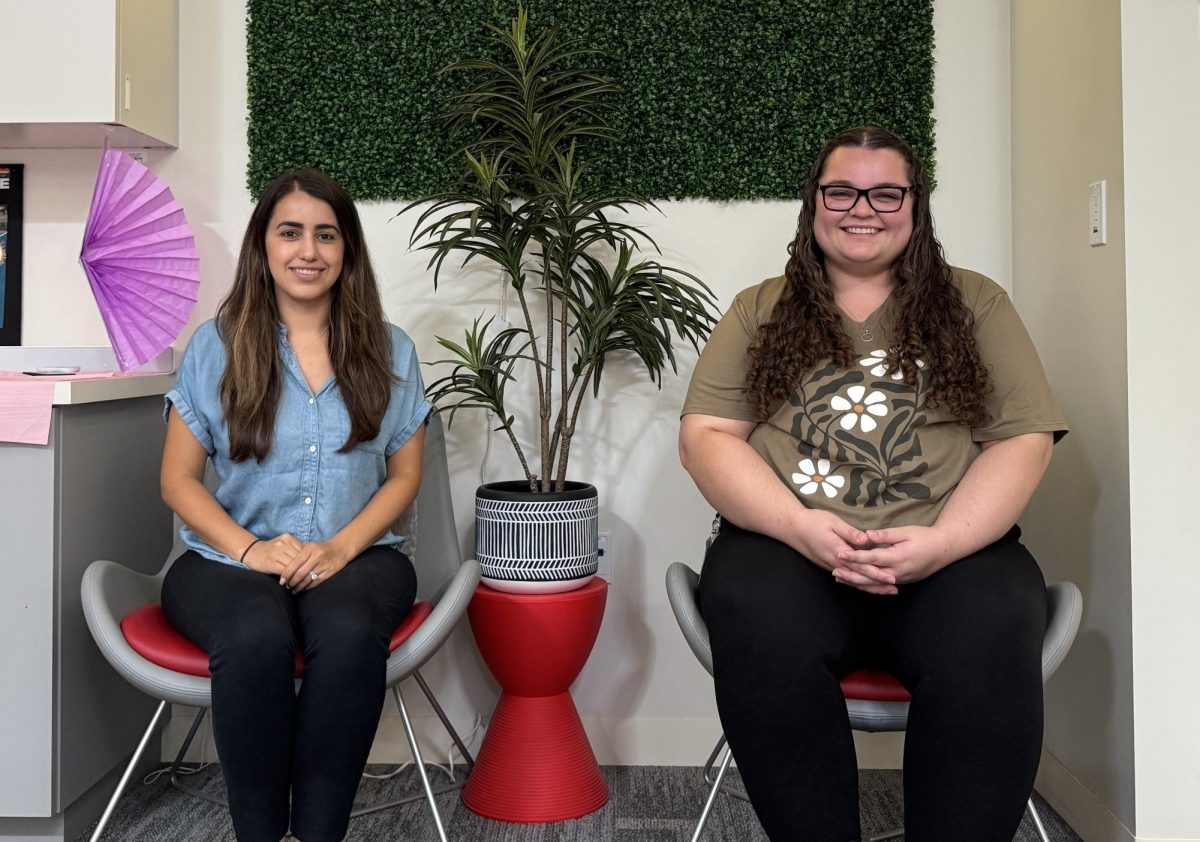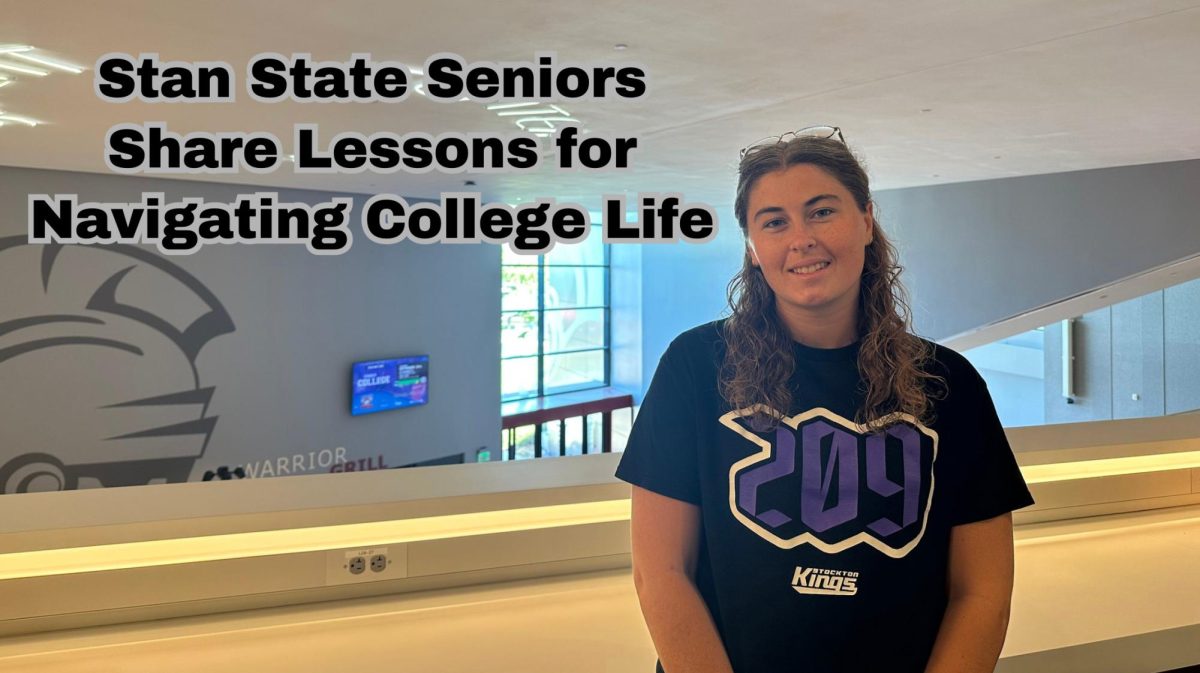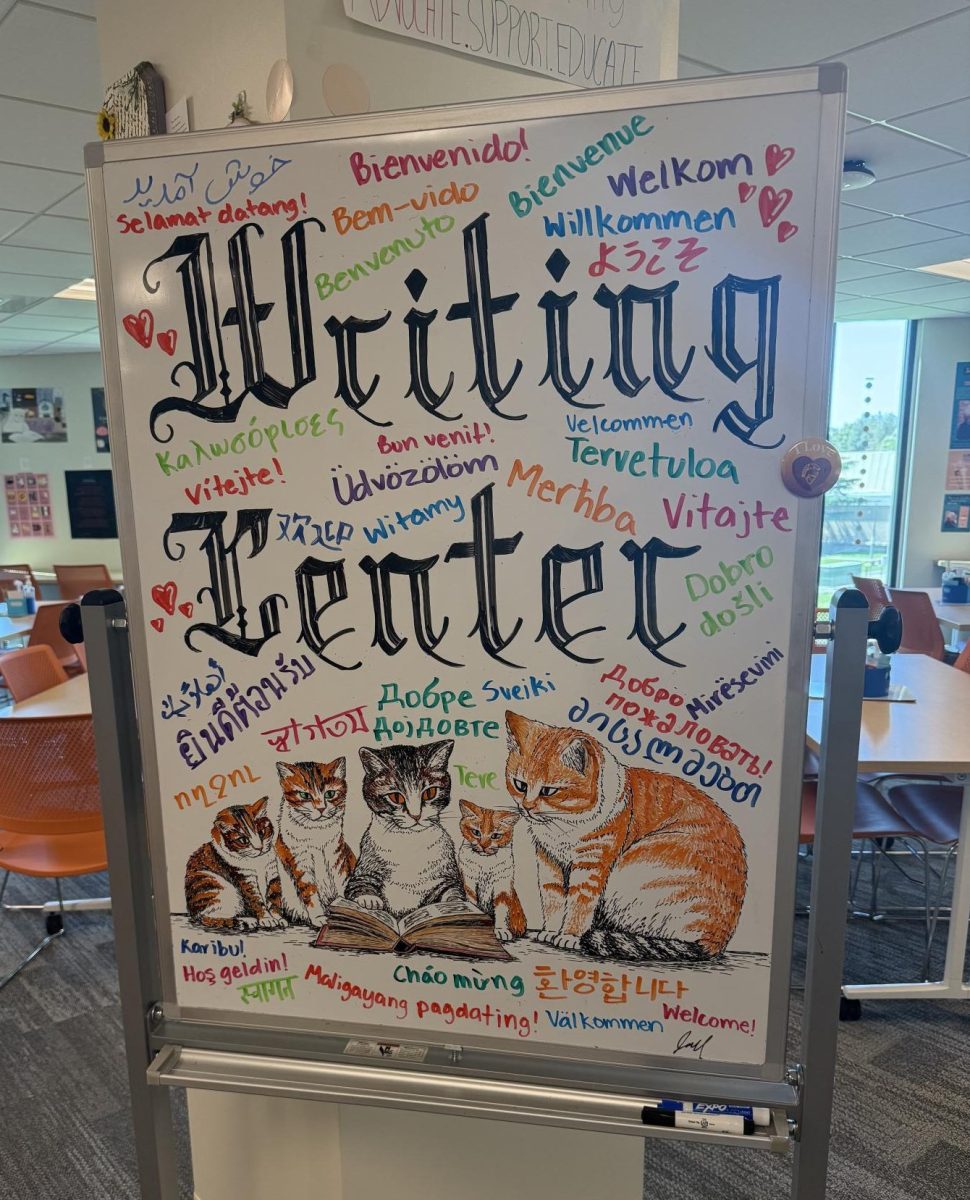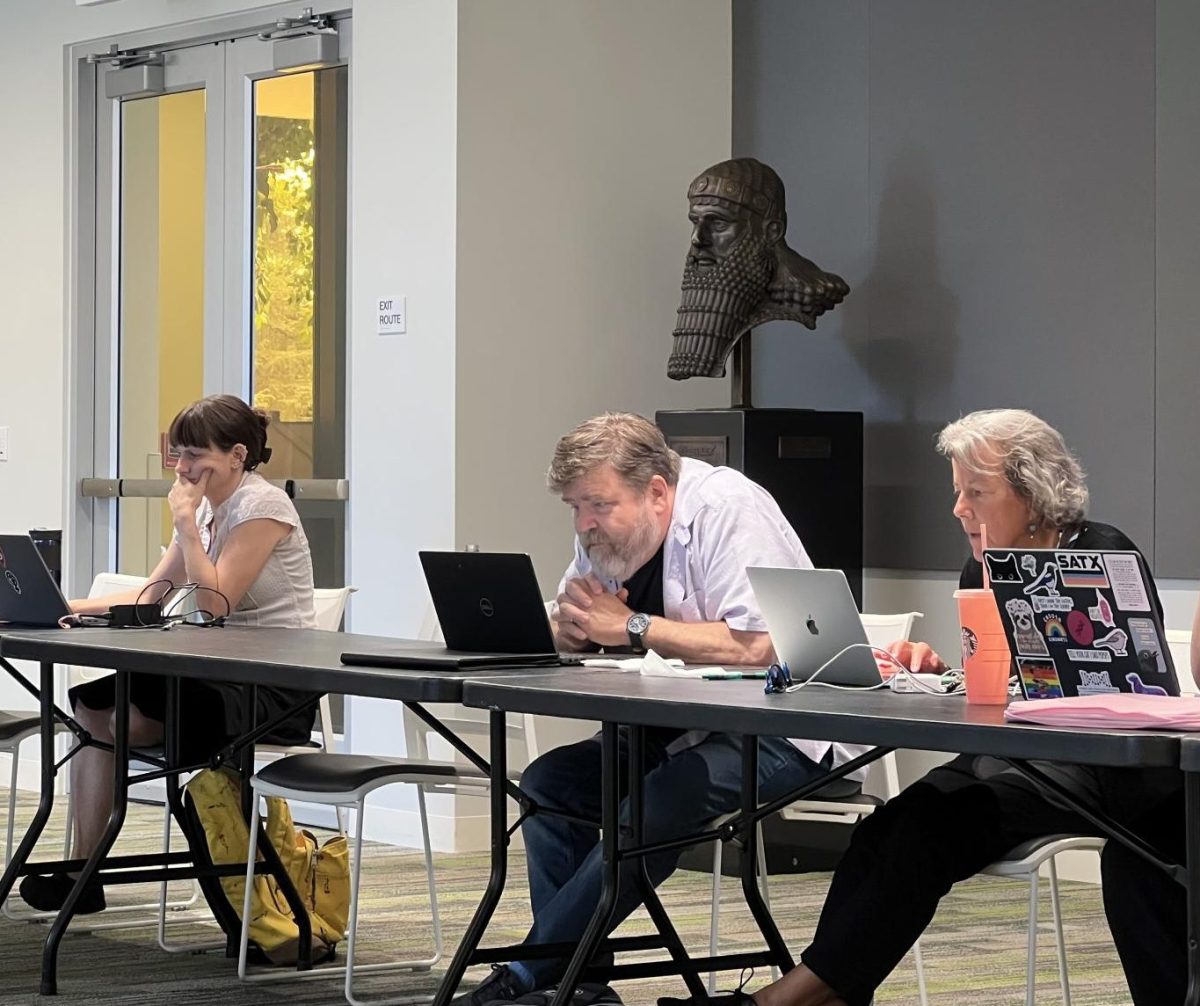Today’s Academic Senate meeting saw the Senate approve two new academic programs, one which adds a new concentration to the Counseling M.A. and another which adds a Museum Studies minor.
Other academic programs were also given a first reading before they’re voted on in the next Senate session, including a Public History Certificate, a Public Health Promotion minor, a new Health Science concentration, a modification to the Exercise Science B.S., and an Early Childhood Education credential program.
Additionally, requirements for what faculty must include in their syllabi and the definition of academic dishonesty and its consequences were discussed.
Museum Studies Minor and Counseling M.A. Concentration Approved
In the April 16th Academic Senate session, the Museum Studies minor and new Counseling M.A. concentrations were discussed at length.
The Museum Studies minor is being pitched as an interdisciplinary minor to prepare students for employment in museums.
Examples are anthropology majors who hope to work for traditional museums that display artifacts and keep archives or biology majors who might want to work for a natural science museum.
The Counseling M.A. concentration, however, is a program designed to allow the existing Counseling program to accept more Master’s degree applicants.
This will be an accelerated three-year pathway which will help the Central Valley grow a plentiful and well-trained counselor population.
No changes were made to these resolutions between their first and second readings.
More information on these two items can be found in the April 16th Academic Senate article.
Proposed Early Childhood Education Credential Sparks Conversation about Faculty Rights and Community Needs
Graduate Council Chair Kimy Liu brought an academic program proposal which generated debate between faculty about the impact its proposed funding method, through the California Adult Education Program (CAEP), will have on faculty who are hired to teach this credential program.
According to CFA Chapter President Dave Colnic, lecturers hired through CAEP have less rights than lecturers which are hired directly by the university through stateside funding.
Other faculty echoed these concerns, and raised the additional issue of existing faculty being brought on to teach this new program being overloaded on classes, which would degrade the quality of the education they’re able to provide.
Provost Richard Ogle and FAC Chair Dana Nakano both acknowledged these concerns were fair, but argued that the funding otherwise isn’t there for this program and that, because the credential will soon be required of all preschool educators, it’s an essential service for the university to provide.
They also referred to a section of the resolution which codified an annual evaluation of the program and the potential for moving its funding to stateside to avoid these problems.
Dr. Daniel Soodjinda, a Professor of Teacher Education and Liberal Studies and a guest at the Senate meeting advocating for this resolution’s importance, provided data to reinforce the necessity of offering this credential.
According to Soodjinda, there’s a need for 2,700 Pre-K teachers in the Central Valley alone, and that there aren’t enough programs being offered to alleviate this issue.
It was also mentioned that a large number of Pre-K teachers will lose their jobs if they are not able to attain this credential.
This item will return for a vote in the May 14th Academic Senate meeting.
Large Volume of New Academic Programs and Academic Program Modifications Brought to the Senate Floor by UEPC
This Academic Senate session saw the first readings of several new academic programs introduced by the University Educational Policy Committee (UEPC) including a Public History certificate, a Public Health Promotion minor, a new Health Science concentration, and a modification to the Exercise Science B.S.
The Public History certificate was introduced to the floor by UEPC Chair Koni Stone, who ceded the floor to History professor and Senator Ashley Black to explain the program.
Black first thanked fellow History professor Dr. Jennifer Cullison for designing the resolution.
Black then pitched the Public History certification as a pathway that would give students the necessary training to do historical work which engages the public outside of the classroom.
This would include work in museums, archives, or other cultural projects.
Chair Stone then brought the Public Health Promotion minor to the floor.
This minor is designed to train students in Public Health work, which is a broad field that encompasses any work aimed at improving and maintaining the good health of the population.
Stone explained that this new minor would be applicable to many majors, such as those in anthropology, psychology, or a pre-med program.
Chair Stone brought forth another resolution to create a new concentration in the Health Science B.S. in Health Informatics and Data Analytics.
Stone said this is an evolving field in Health Sciences which, as the name implies, focuses around analyzing datasets related to public health and creating and distributing information related to health science to the public.
The last academic program brought to the floor by Chair Stone was a modification to the Exercise Science B.S., and she then ceded the floor to Senator Arya Alami to explain the proposed changes.
According to Alami, there are currently two concentrations in the Exercise Science B.S., one which prepares students to become physical therapists and another which encompasses the rest of the field.
Alami explained that these modifications would collapse these two concentrations into a single pathway with an extended list of major electives.
The rationale behind this change, Alami says, is that many students who begin the program with the goal of becoming a physical therapist decide to pivot to the other concentration near the end of their college career.
This, according to Alami, was a nightmare for faculty advisors.
These items will all be voted on in the next Academic Senate session on May 14th.
Senate Holds Discussion about Syllabus Requirements and Academic Dishonesty Policies
Chair Koni Stone brought a resolution to the floor which would codify a number of requirements for faculty to include in their syllabi.
According to Stone, most faculty already adhere to these guidelines due to “best practices” documents distributed on the department level.
This policy would codify the necessity for faculty to include items like an attendance policy or the university policies on grading options and deadlines for dropping the course in their syllabi.
The last item brought to the floor by Chair Stone was a new academic dishonesty policy which, according to her, has been on the UEPC agenda “since time immemorial.”
This new policy includes language which defines the use of generative AI, or language-learning models, as akin to plagiarism and cheating.
Stone also said this policy would strengthen teachers’ positions in deliberations over grievances filed by students to appeal their grades when penalized for alleged cheating or plagiarism.
Categories:
Academic Senate Approves New Museum Studies and Counseling Programs and Discusses Several Other New Academic Programs
Senator Arya Alami, who in today’s Academic Senate session explained the changes being made to the Exercise Science B.S. which would merge its two concentrations into a single pathway. (Signal Photo/Brian Miske)
0
Donate to Signal
Your donation will support the student journalists of California State University, Stanislaus. Your contribution will allow us to purchase equipment and cover our annual website hosting costs.
More to Discover
About the Contributor

Nix Carbone-Deep, Senior Editor
Year: Graduate Student
Major: English
I love controversy and drama. Whenever something contentious or emotionally-charged pops up on-campus or in the wider political sphere, you can expect me to be there to cover it. I’ve reported on abortion access, labor disputes, CSU Board of Trustees’ decisions, federal court rulings, and more. However, I’m always most interested in how decisions like these, or sometimes even political indecision, affects everyday people and aim to shed light on their experiences. I’m into video games, tabletop roleplaying games, reading all kinds of genres (classic and contemporary novels, Renaissance drama, political theory, etc.), horror films, and history (political revolutions and the history of the sciences especially).


